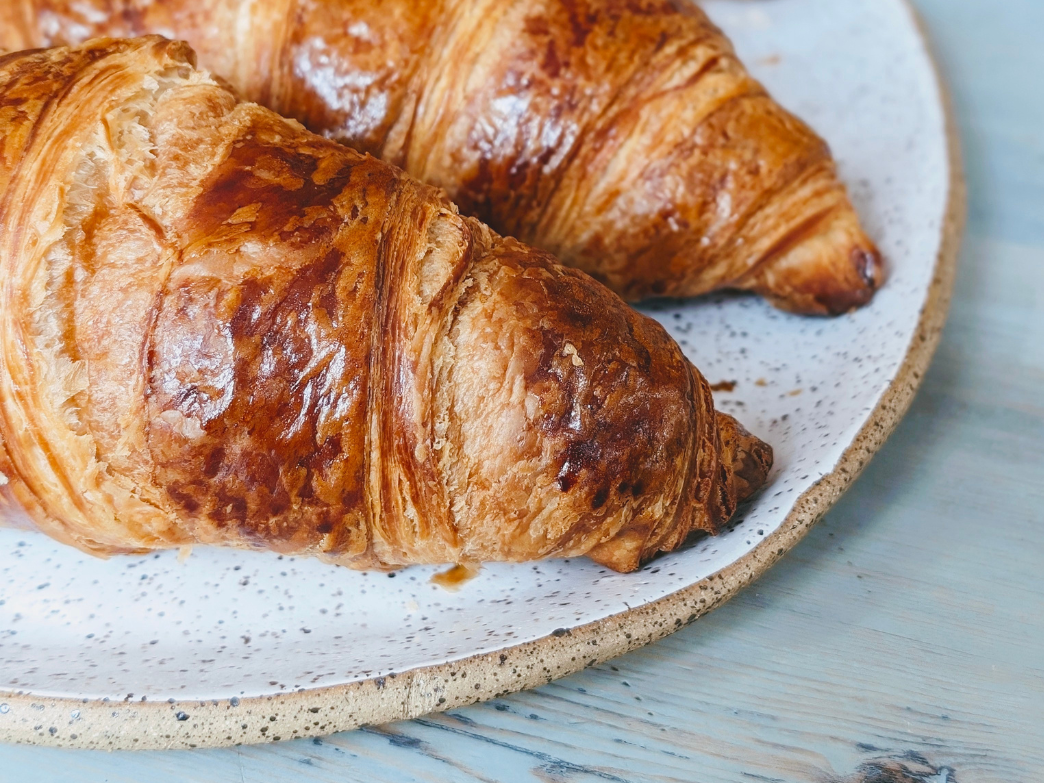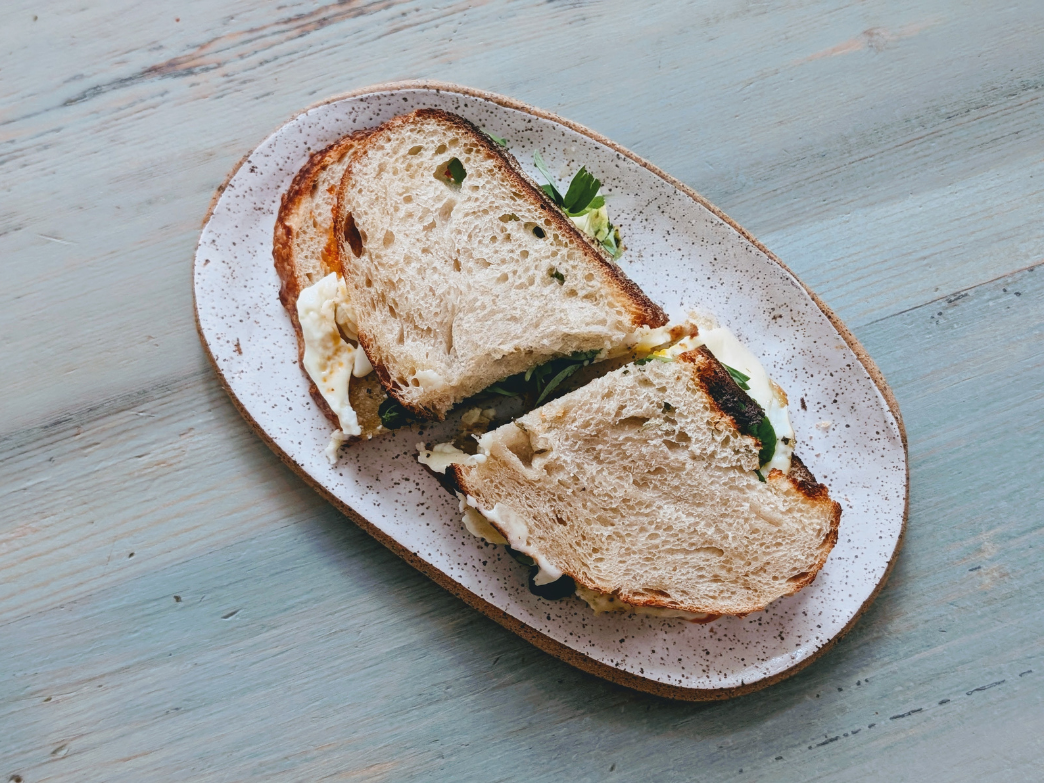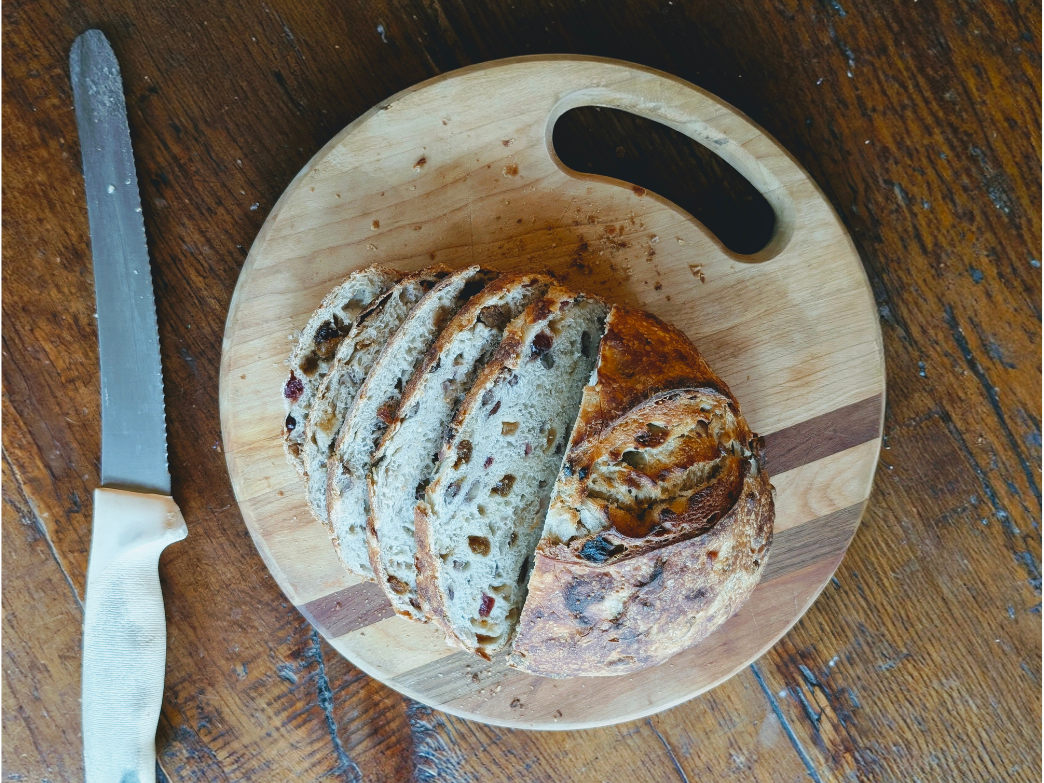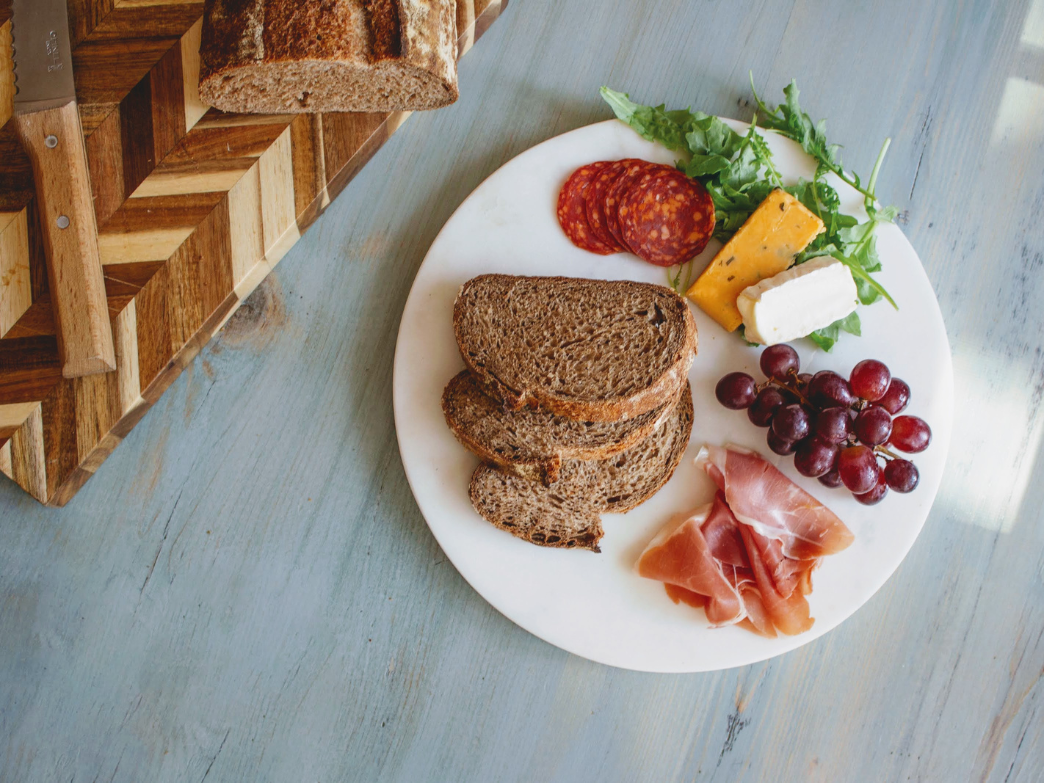By Lucy Yanckello, Ph.D.
Following a vegan diet should not preclude you from the buttery, flakey, chewy pastry that is a croissant. Although it seems impossible that a butter-based pastry could be made into a vegan delicacy, it is possible and has been done well! Read on to learn more about vegan croissants, how to make them, and where to buy them.
Can vegans eat croissants? What makes croissants not vegan? Are croissants vegan friendly?
Vegans cannot eat traditional croissants. Croissants are made with a dough that is filled with butter and milk and are brushed with an egg wash before they are baked. All of these ingredients are no-nos in a vegan diet. As such, if you are vegan, you should be sure to confirm with a bakery that they use plant-based butter and milk and leave off the egg wash if you are looking to enjoy this vegan flaky treat.
Are store-bought croissants vegan? Do store-bought croissants have dairy?
Most store-bought croissants are not vegan as they contain butter and milk and are finished with an egg wash. However, there are various places that make vegan croissants. For example, at Wildgrain we are developing a plant-based croissant.
Who makes vegan croissants? Who makes dairy-free croissants?
One retailer found in most cities that makes a vegan version of this flaky pastry is Whole Foods. Most cities also have specialty bakeries that create vegan confections such as croissants, so be sure to search your local bakeries too! At Wildgrain, we are developing a bake-from-frozen plant-based, dairy-free croissant that can be made at home.
Can I buy frozen vegan croissants? Can you get dairy-free croissants frozen?
Yes, you can purchase vegan croissants frozen and dairy-free croissants frozen. Some specialty grocery stores sell frozen dairy-free and vegan croissants, as do some companies that will ship frozen croissants to you. At Wildgrain, we are developing a plant-based, dairy-free frozen croissant that will ship direct to your door.
What are dairy-free, vegan croissants made from?
Dairy-free vegan croissants are made in a similar way to regular croissants, just with the non-vegan ingredients swapped out. For example, butter is swapped for vegan plant-based butter, milk is swapped for non-dairy milk, and the egg wash is swapped for maple syrup or omitted. There are also some recipes that utilize alternative flours and use vegetable margarine in place of butter.
Are vegan croissants healthy?
Vegan croissants have a similar nutrient profile to regular croissants. The protein, fat, and carbohydrate content of vegan and regular croissants is almost identical. Although high in fat and carbohydrates, croissants can be enjoyed in moderation in any healthy diet. Just be sure you don’t eat them every day.
Are vegan croissants gluten-free?
Most vegan croissants are not gluten-free. Most recipes only swap out the non-vegan ingredients such as egg, butter, and milk for vegan ingredients and still use wheat flour. However, there are a few recipes that utilize gluten-free flour to make their croissants both vegan and gluten-free.
Where can I buy the best ready-to-bake frozen vegan croissants online?
At Wildgrain, we specialize in making high-quality, fresh pastries that are delivered directly to your door. Wildgrain is the first bake-from-frozen delivery subscription service for breads, rolls, pastries, and fresh pastas. We are developing a line of delicious plant-based, dairy free desserts. Learn more about Wildgrain and our artisanal baking and cooking methods.
About the Author
Lucy Yanckello received her Ph.D. in nutrition from the University of Kentucky College of Medicine. She currently works as a medical writer and enjoys being able to help people better understand nutrition and science.
This content is for informational use only and does not replace professional nutrition and/or medical advice, diagnosis or treatment. It is not a substitute for and should not be relied upon for specific nutrition and/or medical recommendations. Please talk with your doctor about any questions or concerns.



